From Yangon to Hong Kong: Why locals attack mainland Chinese companies during political unrest
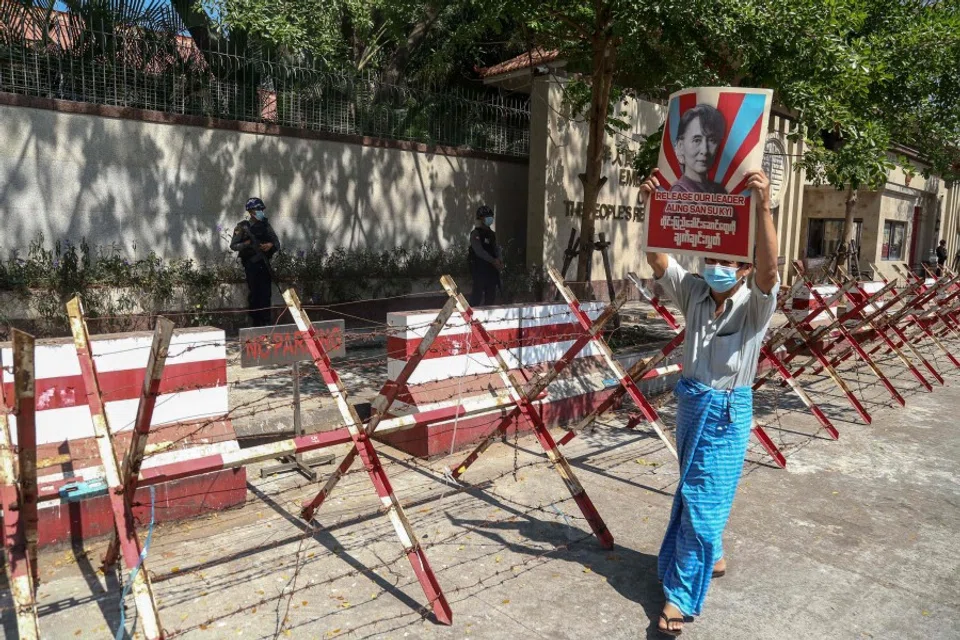
In Myanmar, protests have not ceased since last month's coup, prompting worries that the country will close itself off from the world again as it did in the past. The political situation there remains unclear, and many foreign business people with operations in Myanmar are getting increasingly worried.
In the early years, the Myanmar government waived taxes on foreign investments, and a mainland Chinese friend of mine set up a factory in Yangon producing finished clothing for export. The factory currently has about 500 workers, and business has been quite good.
In recent years, with China's rise, Chinese companies in Myanmar - China's state-run companies and private companies like my friend's - are becoming increasingly active. However, with more and more entities coming in, the situation becomes a mixed bag. Some private Chinese companies in Myanmar do not exercise adequate social responsibility, and locals are unhappy.
The recent unrest in Myanmar has affected China, which has friendly ties with the local authorities. Some Myanmar people are directing their anger towards Chinese companies in Myanmar. On 15 March, there were reports of people surrounding the industrial area in Yangon and setting fire to factories belonging to Chinese companies, with several China staff injured.
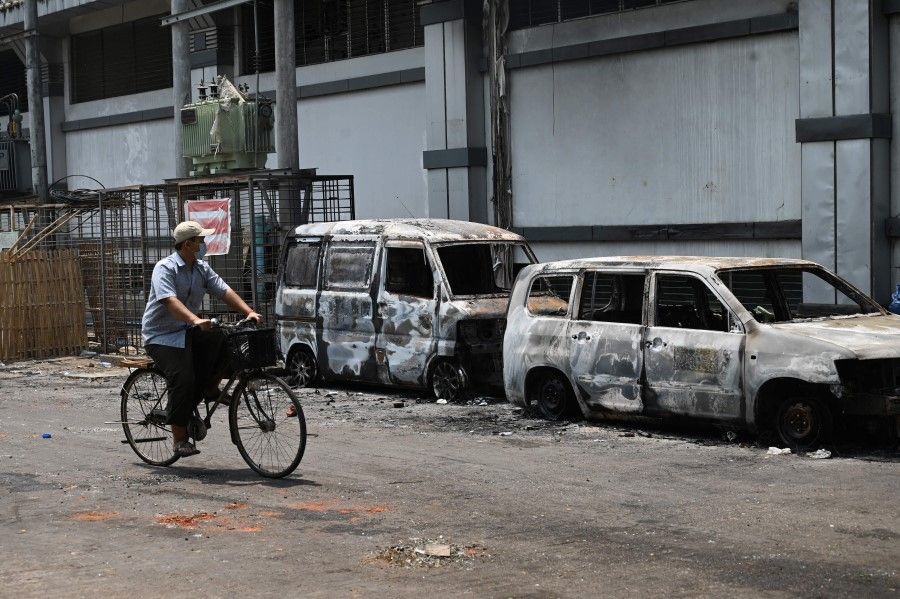
My friend avoided the crisis as he has been at home in Guangdong for the past six months due to the coronavirus. When chatting with me yesterday, he complained that orders at the factory had plunged tremendously last year because of the pandemic, and now with the impact of political unrest, his investment is facing unprecedented losses.
Mainland Chinese companies seen to be taking away local livelihoods
After talking with my friend, I thought of the situation of mainland Chinese companies in Hong Kong in recent years. Since 1997, mainland China's economy has grown steadily, with more and more private companies from mainland China expanding into Hong Kong, hoping to use it as a platform to open up overseas markets. Mainland Chinese companies have been playing an increasingly important role in Hong Kong's economy in recent years, as its influence expands from finance to other sectors.
Two or three hours of overtime each day is common, while salaries and benefits are generally far lower than overseas companies.
However, even as mainland Chinese companies expand in Hong Kong, this has given rise to several problems. First, cultural differences. Most mainland Chinese companies in Hong Kong carry on the culture of mainland headquarters. Two or three hours of overtime each day is common, while salaries and benefits are generally far lower than overseas companies. Add other problems such as cronyism, and the result is that many working class Hong Kongers are complaining.
Second, the number of mainland Chinese companies in Hong Kong is increasing, and so would the chances of social friction, with the best-known example being how mainland Chinese property companies have been fighting to purchase residential sites in Hong Kong at high prices. After 2016, the HNA Group bought four parcels of land in Kai Tak for "crazy" prices, sending up Hong Kong's property prices. Hong Kongers' unhappiness with Chinese organisations is spilling over into words and deeds.
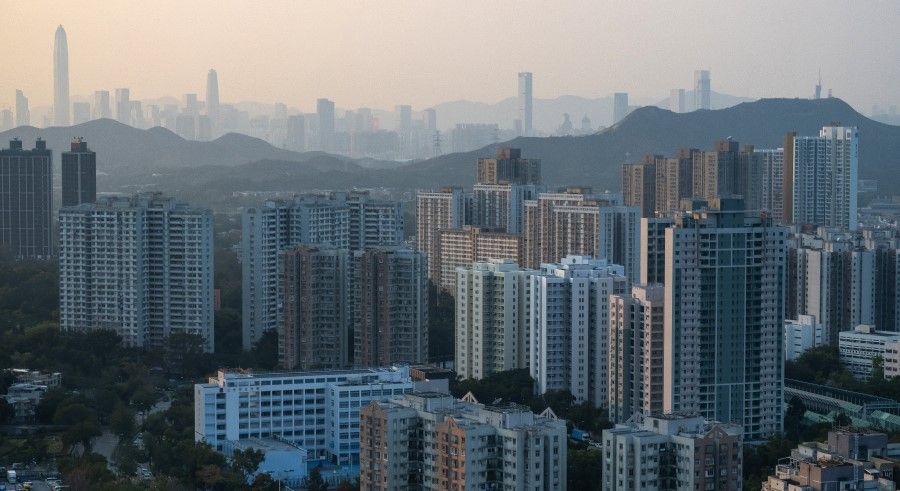
These circumstances have also led to a paradox. Theoretically, the more exchanges between mainland China and Hong Kong, the more dependent Hong Kong would be on mainland China. But in reality, mainland Chinese companies going into Hong Kong's "bread and butter" sectors are resulting in some Hong Kongers wanting to separate from mainland China.
Economics to politics
I remember one incident clearly. From the latter half of 2008, the relationship between the mainland and Hong Kong suddenly took a turn for the worse. In late 2013, several members of the pro-independence group "Hongkongese Priority" (香港人优先) marched into the People's Liberation Army (PLA) Hong Kong Garrison with Hong Kong colonial flags before they were driven away by the soldiers. This incident created a ruckus both in the mainland and Hong Kong back then.
Over the past two years, Hong Kong protests targeting the mainland have been increasing in number and frequency. Once, I covered a demonstration event, interviewing a middle-aged man who was waving the Hong Kong colonial flag up high. Seeing that I worked for foreign media, he whispered that he was one of the protestors who had barged into the garrison back then, but was lucky enough to escape arrest.
He told me angrily that mainland Chinese organisations and tourists were constantly "invading" Hong Kong, and he was discriminated against in the company and had thus decided to protest on the streets.
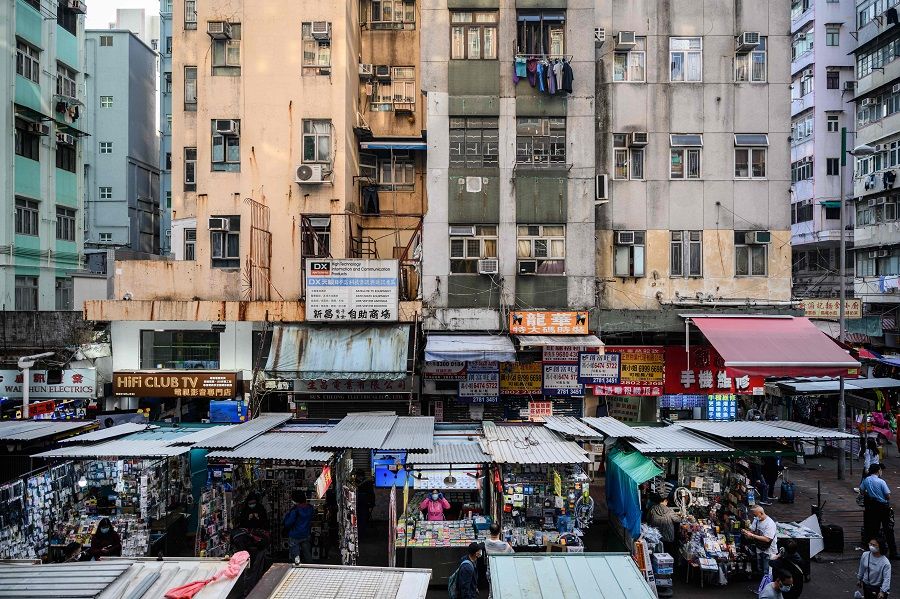
As we continued chatting, I realised that he was an employee of a mainland Chinese bank and lived at a public rental flat in Kwun Tong. His life was quite difficult. He told me angrily that mainland Chinese organisations and tourists were constantly "invading" Hong Kong, and he was discriminated against in the company and had thus decided to protest on the streets. This incident revealed the plight of mainland Chinese companies in Hong Kong.
By late 2019, many mainland Chinese companies were treated as punching bags; they were targeted and became victims of vandalism during the anti-extradition bill protests because they were seen as being one and the same as the Chinese government.
It can be foreseen that the number of mainland Chinese companies in Hong Kong will continue to rise in the future, making Hong Kong more dependent on the mainland in economic terms.
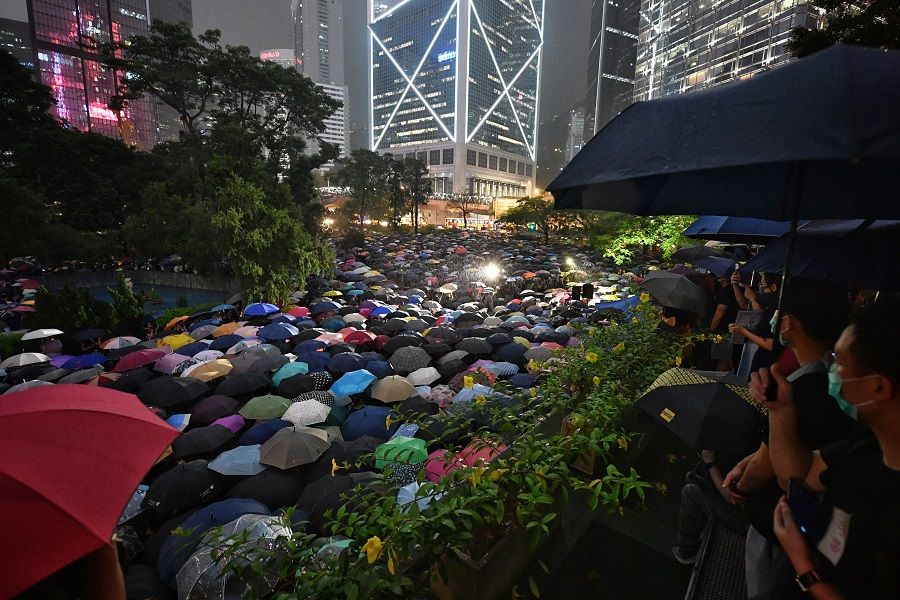
Objectively speaking, be it in Hong Kong, Myanmar, or the world, most mainland Chinese companies abide by the law and are one of the important driving forces of the local economy. But because a few companies misbehave, coupled with the fact that foreigners are fearful of China's rise and other factors, whenever there is a political storm, mainland Chinese companies would be implicated and become the targets of attack.
Over the past year, Hong Kong's economy has been on a downtrend due to the impact of the Covid-19 pandemic. Many companies are running on tight funds and face the threat of closure. Some financially strong mainland Chinese companies are also waiting for the right opportunity to acquire Hong Kong companies with potential. At the same time, Beijing authorities are planning to have a larger presence in Hong Kong by encouraging more mainland Chinese companies to enter the Hong Kong market and help the central government solve social issues in Hong Kong. It can be foreseen that the number of mainland Chinese companies in Hong Kong will continue to rise in the future, making Hong Kong more dependent on the mainland in economic terms.
But as mentioned above, mainland Chinese companies "setting sail" for Hong Kong too quickly may meet with several setbacks. As mainland Chinese companies develop in Hong Kong, they may also have to take care of their external image. In the end, politics is inseparable from the economy - even if you do not wish to participate in politics, it will come knocking on your door.
Related: Why Myanmar people believe there is Chinese involvement in Myanmar coup | Indonesia: Why China-funded companies are targeted by the anti-Jokowi camp | Mainland Chinese media fails to influence Hong Kong voters | Beijing tightens control over Hong Kong amid political reshuffle and arrests | Overhaul of Hong Kong's electoral system: Is it still 'one country, two systems'? | Eight months after national security law: What's become of Hong Kong?
